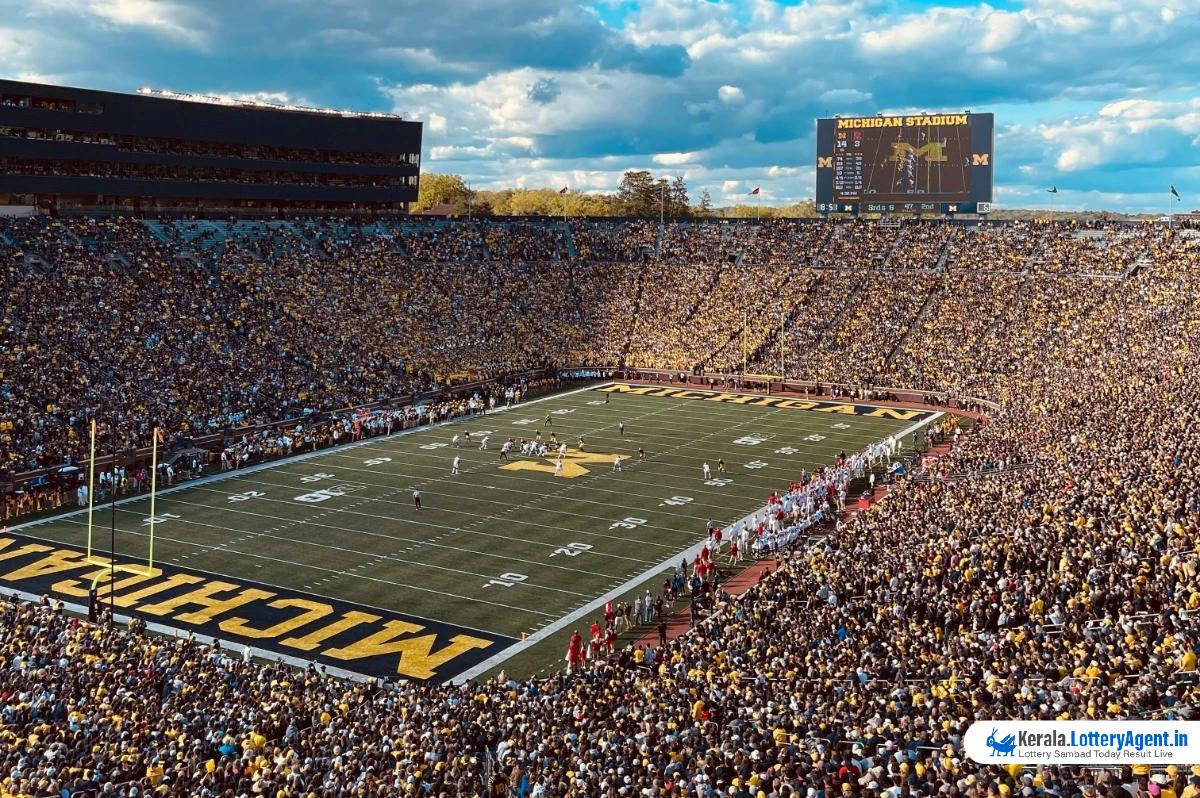
The newest effort by the Michigan Gaming Control Board (MGCB) to tackle illegal gaming activities has ignited a wave of concerns among stakeholders in the iGaming industry. The form in question, dubbed the “Illegal Gaming Attestation Internet Game Content Providers” form, aims to mitigate the encroachment of illegal operations siphoning business and taxable revenue from Michigan’s legal market. However, ambiguity around terms and potential unintended consequences have alarmed operators, particularly those with global footprints.
The concept seems straightforward: differentiate legal gaming activities from illegal ones to maintain the integrity and prosperity of Michigan’s iGaming industry. But the devil is in the details, and these details are causing significant consternation among industry players. Legal versus illegal activities in the world of online gaming are rarely clear-cut, and this gray area is what stakeholders find most troubling.
Susan Hensel, a well-regarded gaming lawyer from Hensel Grad P.C. with extensive experience on the Pennsylvania Gaming Control Board and the International Association of Gaming Regulators, expressed her concerns. “The form does not define every single relevant term, such as what constitutes ‘illegal gambling,’” Hensel noted. “The language requires some interpretation, and it may make sense for companies with questions to go to the regulator and seek clarification. Normally this type of inquiry is done through the interviews of key executives as part of the overall background investigation. This is an up-front, in-your-face attestation, putting the company on record as to its answers to the questions.”
The lack of clarity around the term “illegal gambling” is one of the most contentious issues. In a request for clarification sent by Casino Reports, MGCB’s Public Information Officer, Lisa Keith, replied that the term “illegal” is not a defined term on the form and therefore the common and ordinary meaning should be applied.
Keith’s statement wasn’t enough to quell the apprehensions. She elaborated that the board has distributed the form to all relevant parties, including those with a filing date of June 1, 2024, encompassing all game content providers licensed or applying for a license under the Lawful Internet Gaming Act.
.
Michigan’s iGaming market has rapidly emerged as one of the premier and most profitable in the United States, standing shoulder-to-shoulder with New Jersey. This makes the stakes even higher for businesses invested extensively in the region. Operators are walking a tightrope, trying to ensure they comply with Michigan’s strict regulations while managing their global operations, where legal definitions and regulations can vary dramatically.
To compound the issue, Michigan’s approach to this problem introduces another layer of anxiety. The concern is not just about the imprecision of the terms but also about the broader implications for the relationships and contractual obligations these companies maintain globally. Operators fear the vagueness may lead to unintended consequences, jeopardizing their compliance in various jurisdictions and straining their relationships.
The Michigan Gaming Control Board’s intentions might be praiseworthy—they are, after all, trying to preserve the integrity of the legal market and safeguard state revenues. But the execution appears to have triggered more questions than it has answered. Companies are now in a precarious position, needing to interpret subjective terms from a legal standpoint that could impact their operations significantly.
Stakeholders believe that instead of an ambiguous form, a thorough dialogue between the regulator and the operators might be more productive. Traditionally, such inquiries involve comprehensive background investigations, during which key executives are interviewed, and the nuanced understanding of business operations is taken into account. An upfront declaration requires a level of precision and definition that the current form doesn’t seem to meet, adding unnecessary pressure on companies to decipher regulatory expectations.
In light of these developments, operators would do well to engage proactively with the Michigan Gaming Control Board, seeking clearer guidelines and possibly advocating for revisions to the form. The goal should be to establish a framework that is both effective in eliminating illegal gaming activities and practical for businesses to adhere to without fear of misinterpretation.
While the industry navigates these turbulent waters, it’s worth noting that this anxiety underscores the broader challenge of regulating an industry that is inherently global and constantly evolving. The push for stricter regulations is understandable, but it must come balanced with clarity and practicality to ensure compliance and maintain the sector’s growth and stability.
As this situation develops, stakeholders and observers alike will watch closely, hoping for a resolution that fortifies Michigan’s legal market without constraining the industry’s dynamism or alienating significant operators.












